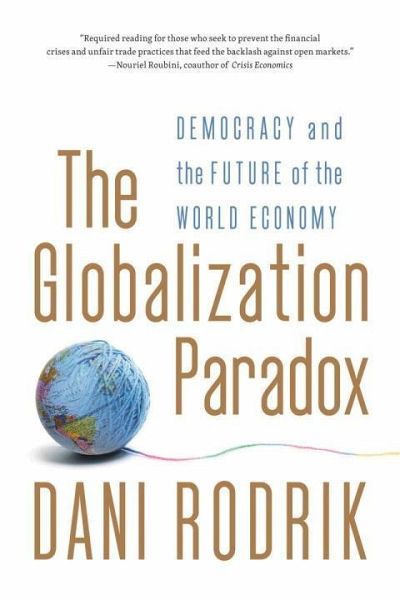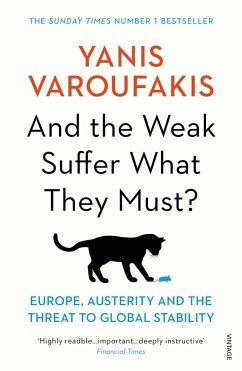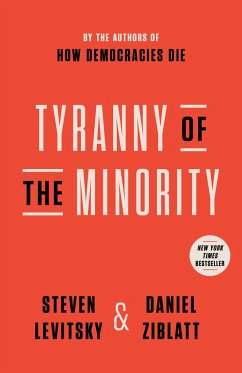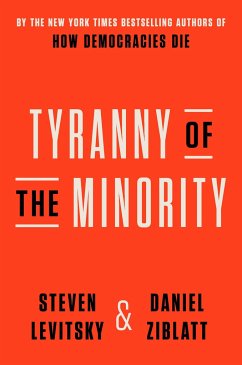
The Globalization Paradox: Democracy and the Future of the World Economy

PAYBACK Punkte
5 °P sammeln!
In this eloquent challenge to the reigning wisdom on globalization, Dani Rodrik reminds us of the importance of the nation-state, arguing forcefully that when the social arrangements of democracies inevitably clash with the international demands of globalization, national priorities should take precedence. Combining history with insight, humor with good-natured critique, Rodrik?s case for a customizable globalization supported by a light frame of international rules shows the way to a balanced prosperity as we confront today?s global challenges in trade, finance, and labor markets.













